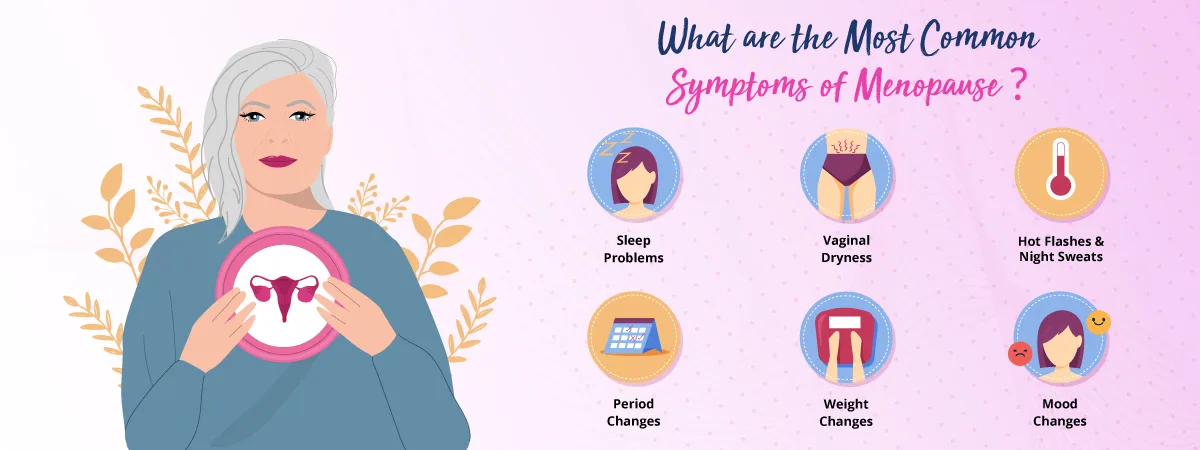
Menopause marks the end of a woman’s menstrual cycles and is diagnosed after 12 consecutive months without a menstrual period. It typically occurs in women in their late 40s to early 50s, with the average age in the United States being 51. Menopause is a natural biological process that results from the gradual decrease in ovarian hormone production, primarily estrogen and progesterone, which can affect many aspects of a woman’s health and well-being.
Causes of Menopause
The primary cause of menopause is the natural decline in reproductive hormones as a woman ages. However, menopause can also be induced by:
- Surgical removal of the ovaries (oophorectomy), which immediately decreases estrogen and progesterone levels, causing menstrual periods to stop abruptly.
- Chemotherapy and radiation therapy, which can induce menopause, leading to symptoms like hot flashes during or shortly after the course of treatment.
- Primary ovarian insufficiency, where the ovaries fail to produce normal levels of reproductive hormones due to genetic factors or autoimmune disease, leading to menopause before the age of 40.
Symptoms of Menopause
Symptoms vary widely among women and can include:
- Hot flashes and night sweats
- Vaginal dryness
- Mood swings and irritability
- Sleep disturbances
- Dry skin, dry eyes, or dry mouth
- Weight gain and slowed metabolism
- Thinning hair and dry skin
- Loss of breast fullness
The Role of Ultrasound and Diagnostic Services
While menopause is primarily diagnosed based on symptoms and medical history, ultrasound and other diagnostic services can play a role in evaluating health concerns related to or exacerbated by menopause, such as:
- Transvaginal ultrasound: Used to assess the thickness of the uterine lining (endometrium) and the ovaries, helping to rule out gynecological conditions that may mimic or accompany menopausal symptoms.
- Bone density testing: Menopause accelerates bone loss due to lower estrogen levels, increasing the risk of osteoporosis.
- Blood tests: Can measure levels of follicle-stimulating hormone (FSH) and estrogen, which offer clues about menopausal status. Thyroid function tests are also often performed since thyroid issues can cause symptoms similar to menopause.
Comprehensive Care at London Private Ultrasound
At London Private Ultrasound, we understand the complexity of the menopausal transition and offer a range of services to support women’s health during this phase, including:
- Diagnostic imaging: To assess and monitor any changes in the reproductive organs or to investigate symptoms related to menopause.
- Referrals to specialists: For hormone replacement therapy (HRT) consultations or management of menopause-related conditions.
- Advice and support: On managing symptoms, lifestyle adjustments, and preventative measures to maintain health and quality of life post-menopause.
Why Choose London Private Ultrasound?
Choosing London Private Ultrasound means accessing a team of dedicated professionals who understand the challenges and concerns associated with menopause. We provide a compassionate and confidential environment where you can discuss your symptoms and receive personalized care tailored to your needs. Our goal is to help you navigate menopause with confidence, offering the support and services you need to manage this natural transition effectively.
If you’re experiencing menopausal symptoms or have concerns related to menopause, contact us today. Our clinic is here to offer the expert care and guidance you need during this significant life stage.
To book online select the date and time that suits you best – alternatively, please contact us with any questions via the chat, call or email links provided.
Telephone: 020 7101 3377

